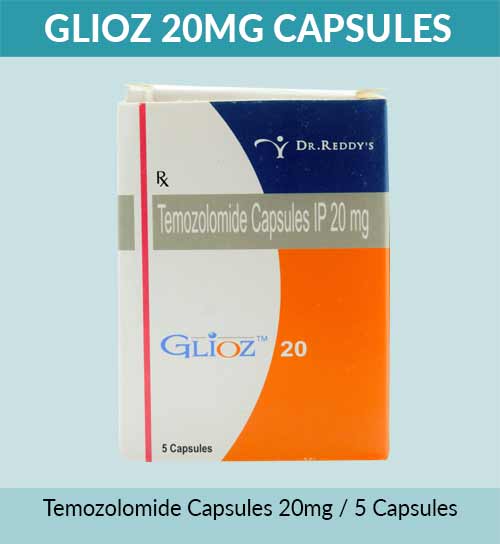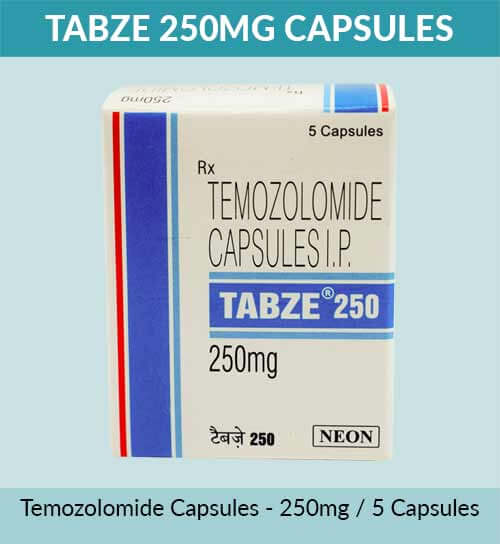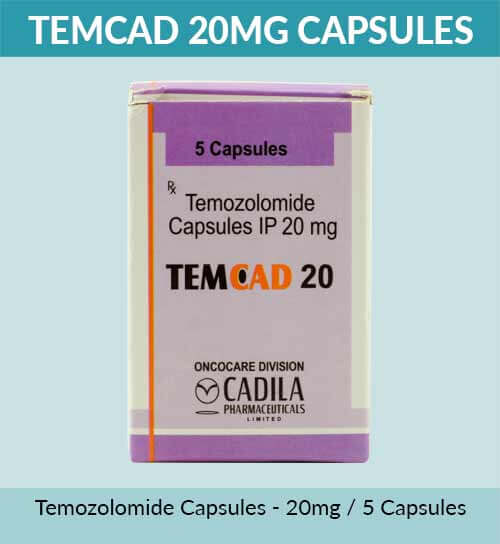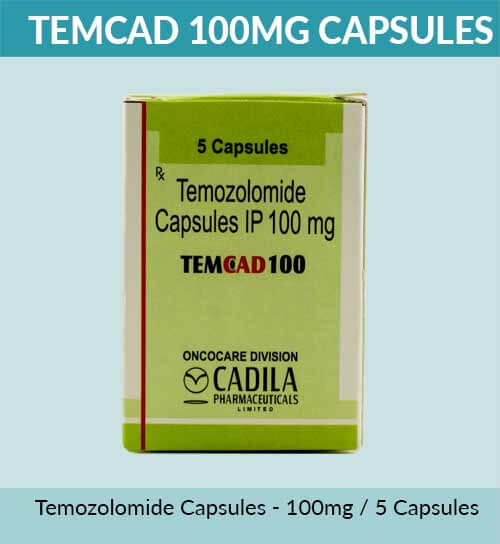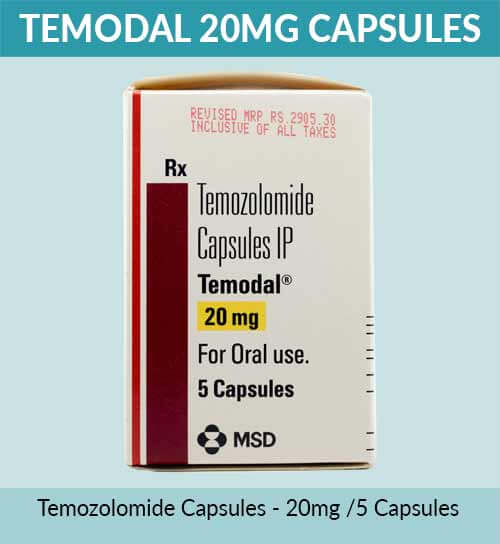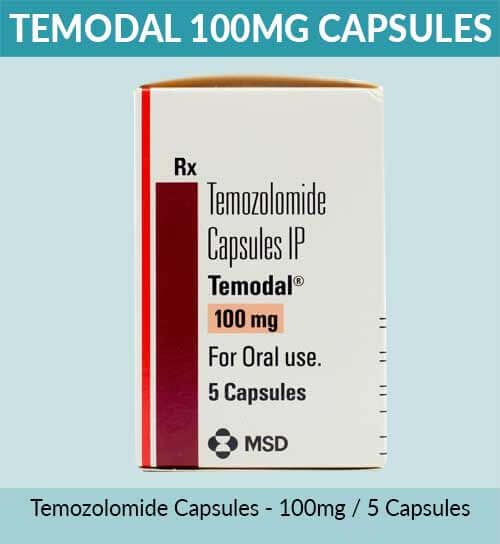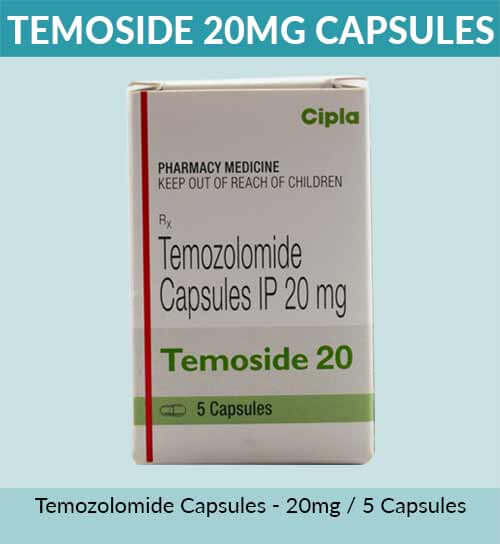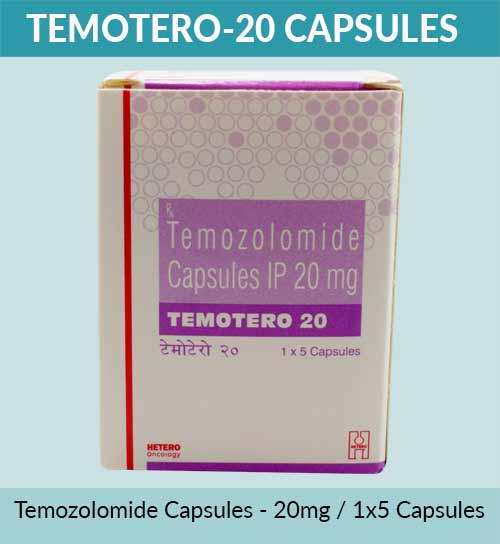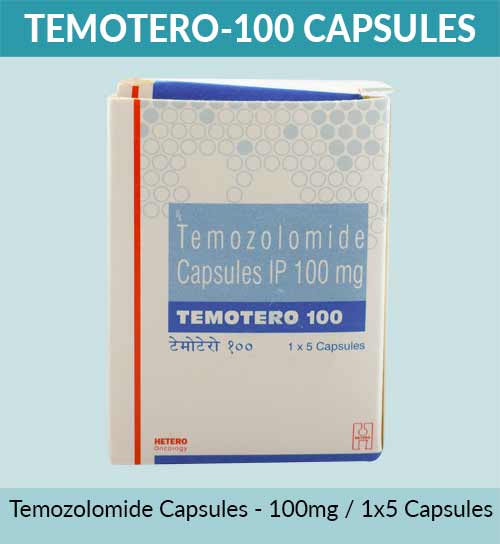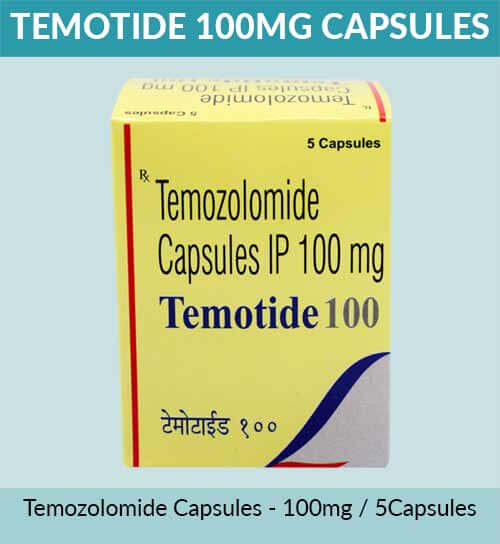Temozolomide
Temozolomide is an oral chemotherapy medication used in the treatment of certain types of cancer, particularly brain tumors such as glioblastoma multiforme. It belongs to the class of alkylating agents and works by damaging the DNA of cancer cells, thereby inhibiting their growth and ability to divide.
Temozolomide is converted into an active form in the body, which then modifies the DNA structure and prevents the cancer cells from replicating. This disruption in DNA replication ultimately leads to cell death.
The medication is typically administered in cycles, with a specific dosage and treatment schedule determined by the healthcare provider based on the type and stage of cancer, as well as individual factors. Temozolomide is often used in combination with other therapies, such as radiation therapy, to enhance its effectiveness.
Common side effects of temozolomide may include nausea, vomiting, fatigue, loss of appetite, and low blood cell counts. These side effects could be managed with supportive care measures and medications prescribed by the healthcare team.
Regular monitoring and follow-up visits are important to assess the response to treatment, manage side effects, and adjust the dosage if necessary. Adherence to the prescribed treatment plan is important for optimal outcomes.
It is important to note that temozolomide can have potential risks and interactions with other medications. It should only be used under the supervision of a qualified healthcare professional who can monitor its effects and address any concerns.
In summary, temozolomide is an oral chemotherapy medication used in the treatment of certain types of cancer, primarily brain tumors. It works by damaging the DNA of cancer cells, preventing their replication and growth. Close monitoring and adherence to the prescribed treatment plan are important for successful outcomes while managing potential side effects.

